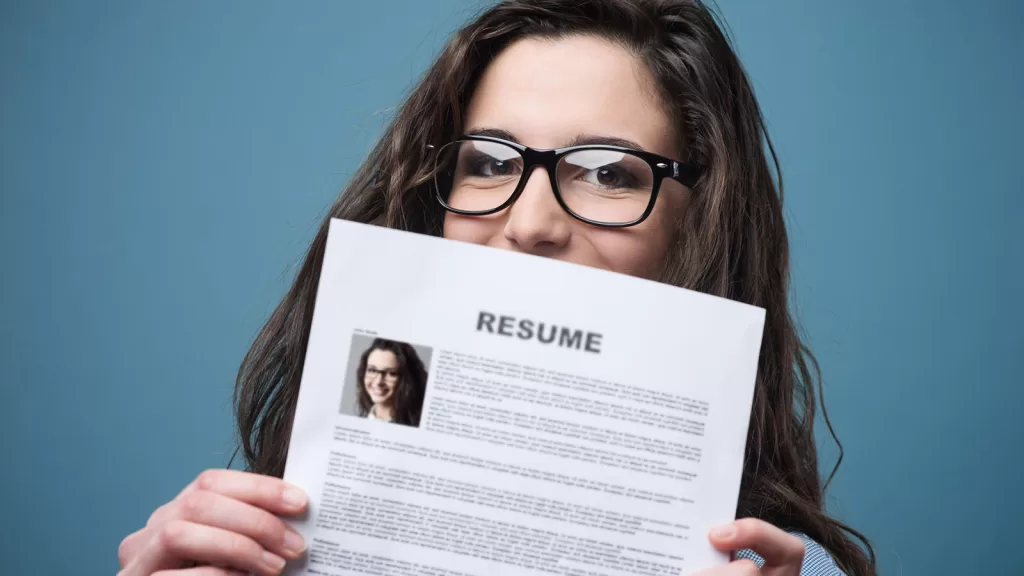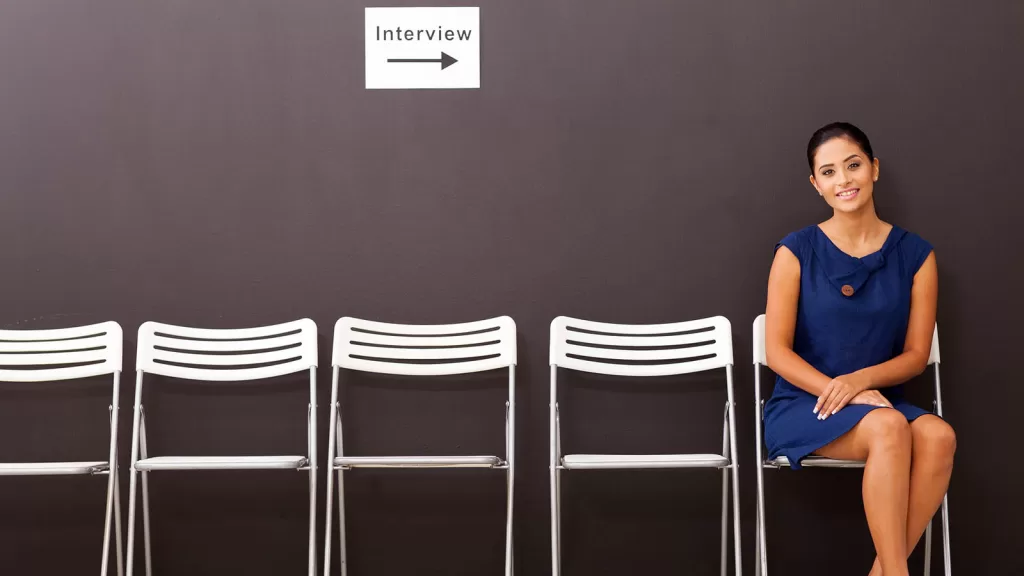After interviewing hundreds of candidates for jobs, I’ve seen it all. From candidates who came in wearing a t-shirt and jeans to those who drenched themselves in cologne, I know what works (and, more importantly, what doesn’t work) in job interviews.
Here are my top 9 tips to help you get the job every time.
1: Dress Appropriately

The number of candidates who still underdress for interviews is huge. This doesn’t mean a full suit. It means dressing appropriately. You “I’m gonna wear a t-shirt and jeans because I’m just THAT GOOD” guys will *never* succeed because you don’t interview well and are way too cocky.
Don’t know the dress code? Here’s how to find it.
2: Don’t Avoid Your Weaknesses

Here’s a secret: Your interviewers don’t care about your weaknesses. What they want to know is that you’re honest. If asked, “What are your biggest weaknesses?” answer honestly.
“I’m equally strong in all areas” is the wrong answer.
3: Don’t Be Caught Off-Guard

Interviewers are getting creative. Gone are the days of cookie-cutter questions. Expect your interviewers to try to throw you in some way.
- Awkward silence
- Whiteboard challenges
- Open-ended questions (i.e.: “Talk about how you get things done”)
4: Don’t Use Too Much Cologne/Perfume

I remember one candidate who bathed in clove oil before the interview. You could smell it down the hall. Be conservative when it comes to smells, jewelry, or other distractions.
Keep it simple.
5: Never Walk Out Without Asking a Question

Most interviews end with: “Do you have any questions for us?”
Have a question prepared. Never say “Nope” or, “I think you already answered all my questions.” Those are nonsense answers. Ask a good question.
Examples of good questions:
- Promotional opportunities
- Reporting structures
- Goals for the first 90 days
- Who you’d be working with
- Training programs
Here are 9 great questions to ask at the end of your interview.
6: Don’t Just Talk Skills; Tell Stories

The best way to instantly connect with your interviewers is to tell stories that describe your experience.
How can you tell stories?
- Give a pointed answer
- Then, provide context
- Talk about what you learned
7: Don’t Look Like You Hate Your Life

I cannot count the number of candidates who looked like they wanted to kill themselves in the interview.
- They were tired
- They never smiled
- They looked angry
Smiling immediately gives you the upper hand in a sea of regular candidates.
8: Don’t Come in Empty-Handed

Even if you don’t use it, carry a notebook with you. It makes you look professional.
And it means you’re prepared to jot down notes or anything important. It implies you’re organized, and companies like organized workers.
9: Don’t Be a Robot

Roll with the punches in the interview rather than giving scripted answers.
The best interviewees listened well and gave tailored answers to our needs. When we asked about specific job requirements, they recalled stories and talked about experiences that related to those requirements. It made our decision to hire that person easy.



